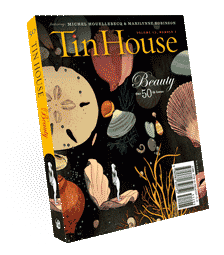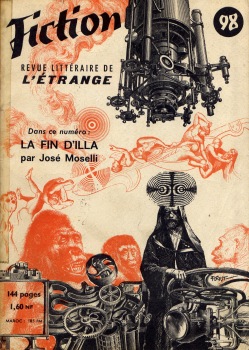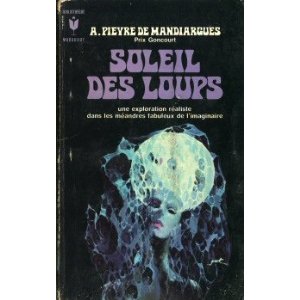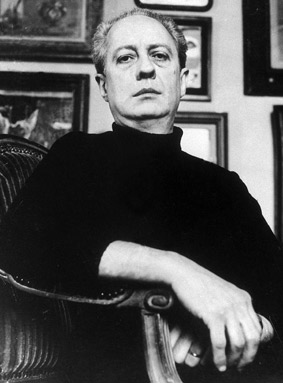“It was dawn; the sun, white as a little disk of utter ice, was perched on a red mountain. Below us, a thousand mountains! They all looked like piles of dried blood. The air was so thin, so limpid that we could see them as if they were in our hands. Not a tree, not a lake. An old scab of old blood covered the incurable wound of the world.” ~ Paul Willems, “The Horse’s Eye”

Tin House is celebrating the big five-oh issue-wise; the theme is Beauty. I’m proud to have a translation of Belgian fabulist Paul Willems rub shoulders with such goodies as:
- an essay on beauty by Marilynne Robinson,
- Aimee Bender interviewing artist Amy Cutler,
- Sonya Chung interviewing James Salter,
- Maggie Shipstead’s Tom-and-Katie-get-divorced story,
- Gavin Bowd’s translation of Michel Houellebecq,
- Eric Puchner’s youth-only future,
and lots more, so go out and pick up a copy!
I also weigh in at the Tin House blog on a sentence from James Salter’s short story “Dusk”. Like Salter, Willems applies a spare style to hint at deep and hidden feeling, but in English, I’ve not yet seen such lapidary minimalism married to fabulist content. If you like Paul Willems, look out early in the new year for my translation of his story “Cherepish” in Subtropics!

My translation of André Pieyre de Mandiargues’ decadent and hallucinatory tale “The Red Loaf” is now live at Words Without Borders, which this month is running an issue on the Fantastic well worth checking out. Mandiargues’ story was reprinted in the January 1962 issue of Fiction, France’s sister publication to that venerable stateside institution, Fantasy & Science Fiction. To celebrate, I posted the cover of that issue above. Mandiargues appeared beside translations of Asimov, Pohl & Kornbluth, Belgian black humorist Jacques Sternberg (in the original, of course), and Damon Knight, the last of whom would go on to try his hand at translating French science fiction, and to co-found the Clarion Writers Workshop. The story had earlier been collected in the 1951 Soleil des loups, which took its name from a folk expression for the moon: the wolves’ sun. It was published first by Julliard, then reprinted in mass market paperback as part of the famous Fantastique imprint run by Jean-Baptiste Baronian for Belgian publisher Marabout:

Much later, it was reprinted in Gallimard’s L’Imaginaire imprint, a line of distinctive white trade paperback-sized books, for which the author produced new back cover copy.
I’m fairly proud of my translation, among the more demanding I’ve done, which in 2010 won the British Comparative Literature Association’s John Dryden Translation Prize. It was, as a result, first printed in the February 2011 issue of that Association’s journal, Comparative Critical Studies. Although more than few of Mandiargues’ novels were translated back in the day, his few stories translated into English, apart from the volume Blaze of Embers (Calder & Boyars, trans. April Fitzlyon), are hard to find and tucked like Easter eggs or afterthoughts into compendious, out-of-print anthologies. He is routinely considered one of France’s foremost writers of the fantastic in the mid 20th century, along with Marcel Schneider, Marcel Béalu, and Noel Devaulx. I first began to read him because Georges-Olivier Châteaureynaud often referred to him in interviews as a major early influence (something I see most, perhaps, in ourightly surrealistic stories like “Paradiso”).
“The Red Loaf” concerns the adventures of dandy Pluto Jedediah when his random and instinctive act of cruelty sends him on an ever-more phantasmagorical journey. Of my translation, I can only hope the author, below, would approve.




